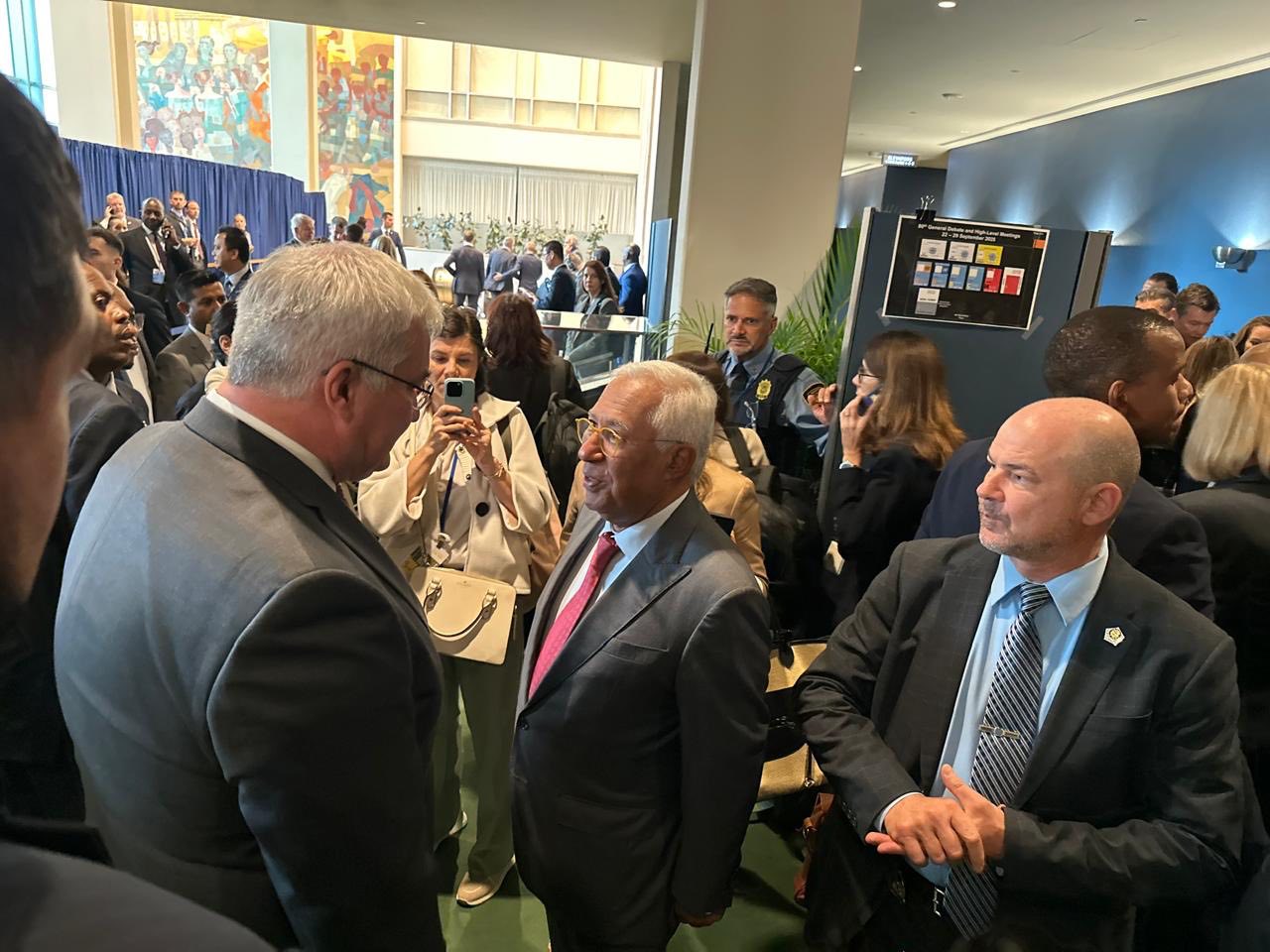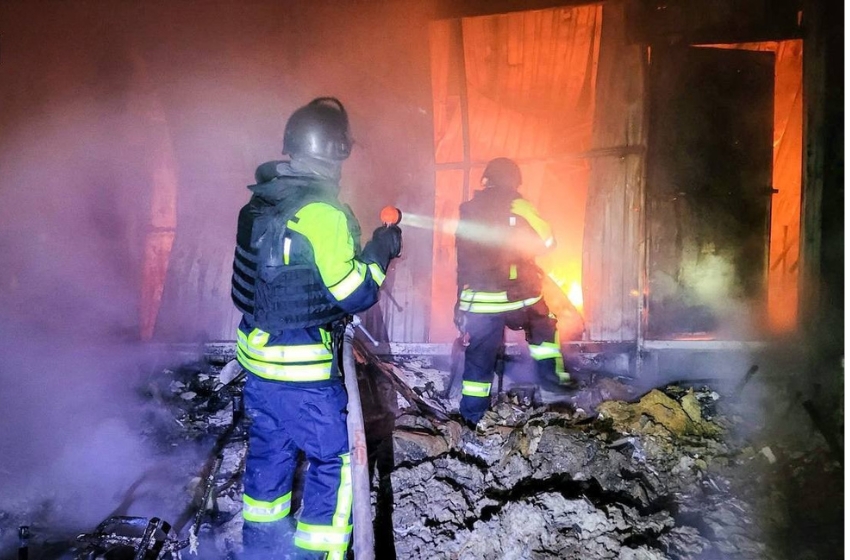Ahead of Poland's presidential elections scheduled for May 18, Russian disinformation campaigns and hybrid attacks are raising increasing concerns among Polish authorities. Interior Minister Tomasz Semonik stated that the government is prepared to respond quickly to potential interference attempts from Moscow, emphasizing that the primary threat comes from online manipulations aimed at undermining trust in the government and destabilizing the situation within the country, reports TWP.
An illustrative example of such an attack was last year’s hacking of the PAP news agency’s website, where unknown individuals posted a fake news story about the alleged declaration of mobilization and the sending of Polish troops to Ukraine. According to Semonik, the goal of this event was to provoke panic and division within society, especially given the sensitivity of the Russia-Ukraine war. Polish intelligence services have already recorded more than 50 similar incidents linked to Russian activities.

Polish authorities believe that Russia is using a full arsenal of tools to influence the elections and public opinion. This includes not only cyberattacks and fake news but also efforts to create tension between Poles and the Ukrainian population living in the country. The minister also stressed that Moscow may resort to sabotage and subversion, including arson of strategic sites, such as the recent fire at a shopping center in Warsaw, which raised suspicions of a Russian connection.
The situation on the Polish-Belarusian border is also viewed by Semonik as part of a hybrid campaign — migrants, allegedly organized and transported from Moscow through Minsk, are being used as a tool to pressure Poland and the European Union. This "migrant attack," as the minister called it, aims to create instability and deepen internal divisions in countries across the region.
In response to Russia's increasing activity, Polish authorities are stepping up coordination with allies and enhancing counterintelligence efforts. The recent arrest of an alleged Russian propagandist in a joint operation with Ukrainian intelligence services is one example of strengthening cooperation in the fight against Kremlin influence operations. Poland is determined to protect the electoral process from external interference and preserve the stability of democratic institutions amid the growing hybrid war.





















